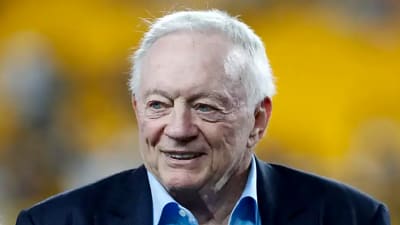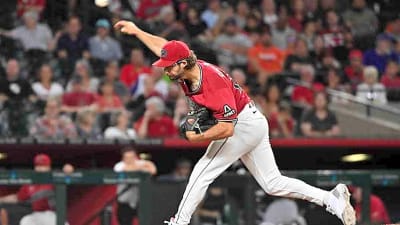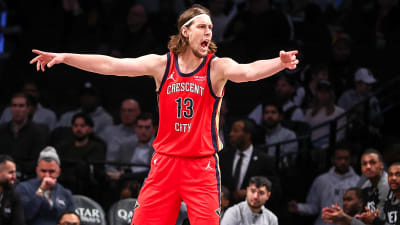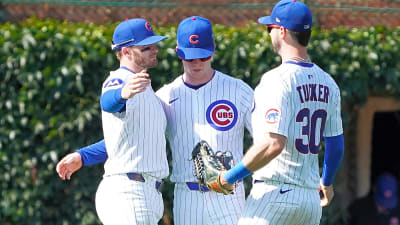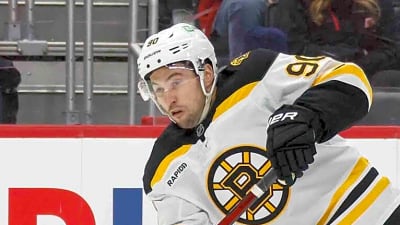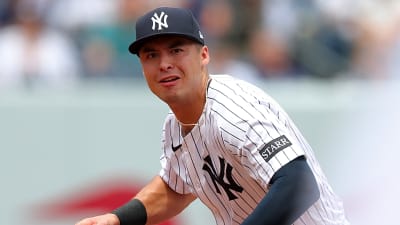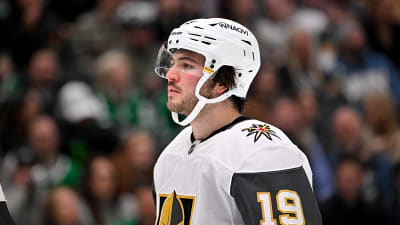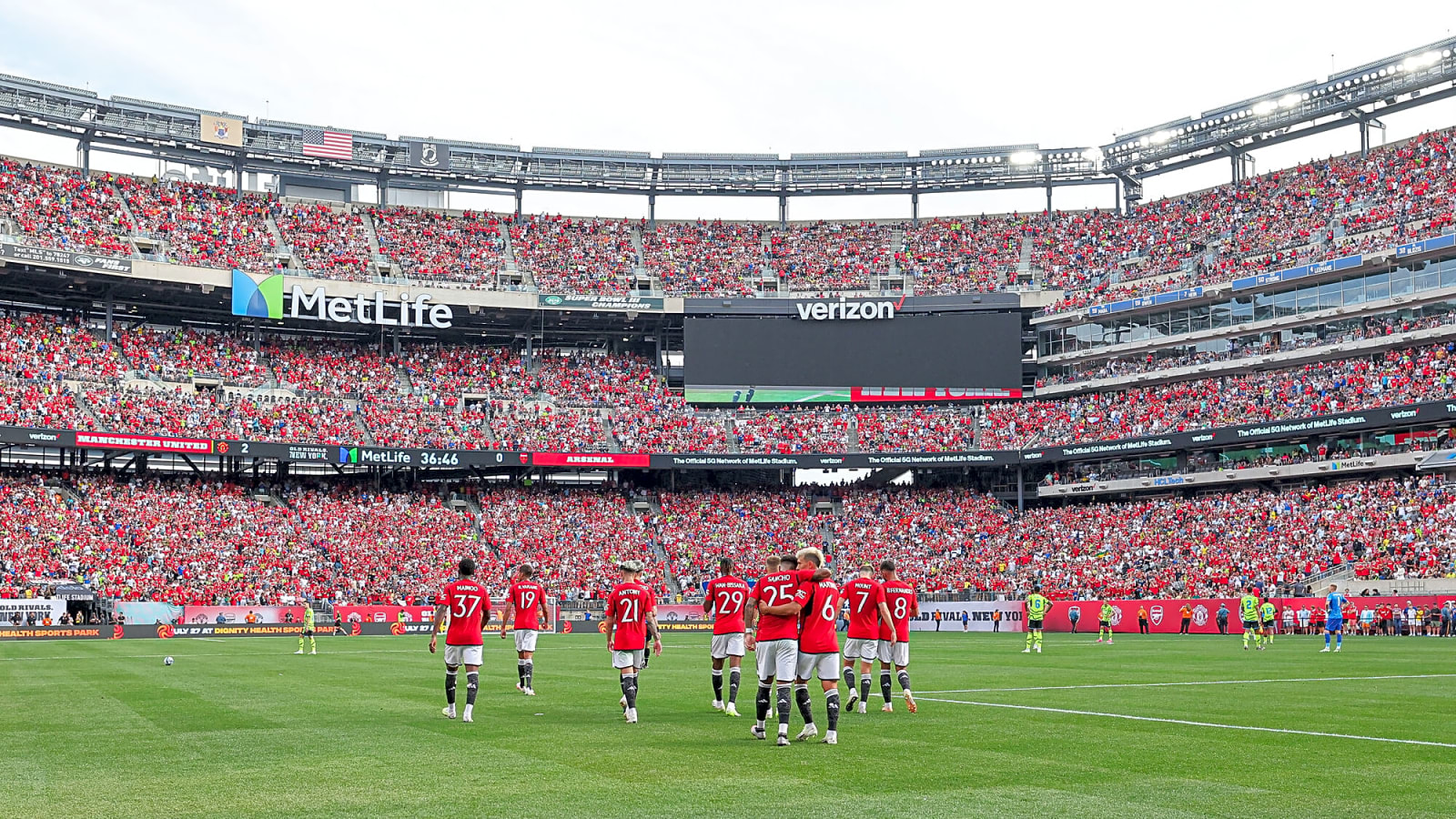
Manchester United now finds itself in a difficult financial position. The club reportedly owes around €880 million in debt tied to the Glazer takeover. While revenue from matchdays and sponsorships remains high, much of the income goes towards servicing those debts and satisfying profit & sustainability rules (PSR). A January report noted that the Red Devils posted a £113 million loss in the previous financial year, forcing the club to prioritize offloading players before signing new ones.
The reality? United can’t simply “write a blank cheque” anymore. High-profile signings are possible only after significant sales. CEO Omar Berrada and Manager Rúben Amorim have clarified that player exits are the pathway for new investments. That creates a bottleneck. Inefficient sales mean bad recruitment.
Why Is It So Hard To Sell?
Several first-team players earn between £300k–£370k per week, Rashford £325k, Casemiro ~£300k, Antony ~£150k. Those pay packets deter offers unless United goes according to their terms. For example, even though Chelsea took Jadon Sancho on loan, the deal to make it permanent failed due to his high wage demands.
Many players simply don’t attract buyers. Once valued at £13m, Tyrell Malacia had no takers even after a title-winning loan stint. PSV declined to sign him permanently at £8.5m. After a dismal season, Rasmus Højlund lost over £25 million in market value, further shrinking his sale price. Antony, too, an £85m purchase, now sits at around £37m value, still a loss on paper despite having an outstanding loan campaign at Betis.
United’s roster includes many ageing or underperforming high-earners, Casemiro, Maguire, Lindelöf, and Eriksen, who carry or used to carry outsized wages despite limited appeal. Their form and inflated price tags make them unattractive to buying clubs. Consequently, they’re “unsellables.” Assets that bring no return and block wage reductions.
However, Eriksen and Lindelof are now free agents, proving that their only option is running out of contracts. To be fair to the Brazilian, despite the huge wages, the 33-year-old has improved vastly since Amorim’s arrival and may be a key part of the project going forward.
A Squeeze From the Market
England’s top clubs, like Chelsea, City, and Liverpool, have built robust sell-on systems and routinely profit from player sales. Chelsea alone raised over £500 million in five years, while United raised only £105 million. The Red Devils get an “amateur auctioneer’s grade” compared to rivals.
Meanwhile, despite United’s urgent need to offload, interested clubs attempt to exploit it. For example, requesting sell-on clause buyouts for pure upfront cash. The Old Trafford team needs net cash now, but desperate selling means accepting low offers, locking them deeper into a cycle of undervaluation.
The Tactical and Squad Paradox
Amorim, who replaced Erik ten Hag in November, is reshaping the team. He inherited a “Frankenstein” of mismatched players unsuited to his style. Many senior stars, like Rashford, Antony, Sancho, Garnacho, and Malacia, are publicly told to find new clubs.
However, they might not want to leave despite the manager telling them they are useless. Player desire does not guarantee club-to-club agreement. For example, Sancho negotiates with Juventus, but wage and valuation issues persist.
Even Garnacho, one of the few truly “sellable” assets, faces complications. United has rejected £50 m offers over temperament concerns, meaning continued limbo for both player and club. Mainoo and Garnacho are rare academy names with potential, but offloading them would cost the club foundational assets. That is a difficult task: preserve the young talent or generate urgently needed cash.
Final Thoughts
Manchester United’s inability to offload players is not due to one factor. It is a perfect storm: debt obligations, inflated wages, low market interest, and a misaligned squad under a new tactical system. The club faces two paths: face PSR and restructure, or risk more profound instability.
Fans will need to shift their mindsets. Selling stars is not a sign of failure but survival. It is about overdue financial realism and squad reengineering. Until the Red Devils learns to sell smart, not just buy big, rebuilding under Amorim will remain a long road ahead—that is, if he survives.
More must-reads:
- Guardians' Jose Ramirez explains surprising All-Star Game decision
- Ben Shelton makes frightening Jannik Sinner claim after Wimbledon loss
- The 'NBA Rookies of the Year' quiz
Breaking News
Trending News
Customize Your Newsletter
 +
+
Get the latest news and rumors, customized to your favorite sports and teams. Emailed daily. Always free!
